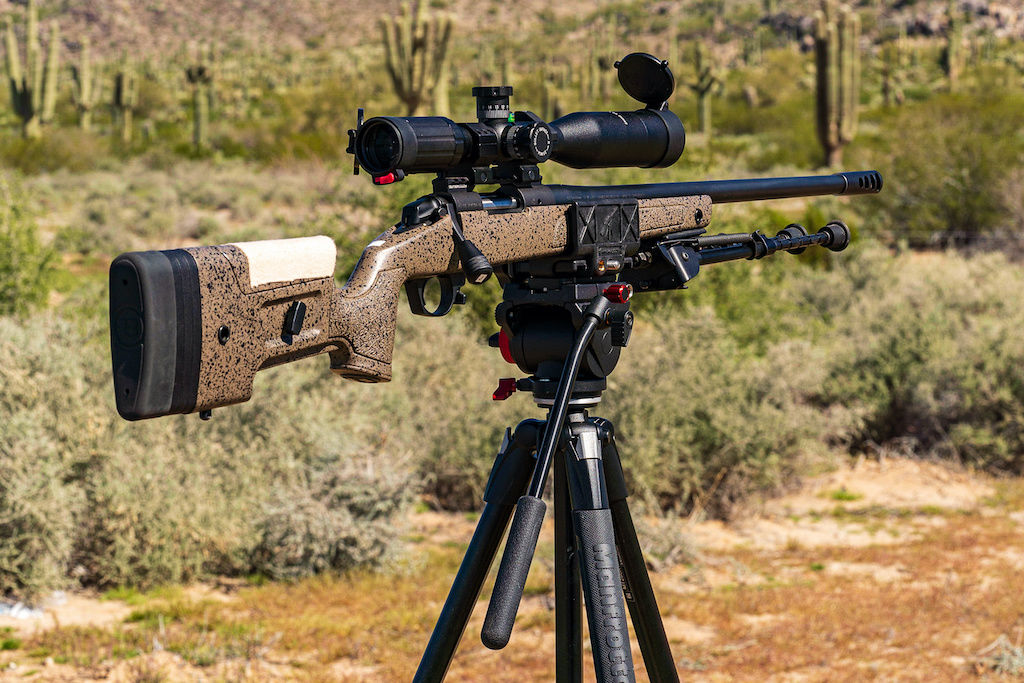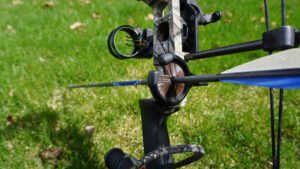Carp fishing is a popular sport that requires not only skill and patience but also the right equipment to be successful. One essential piece of equipment that can greatly impact your fishing experience is the hook you choose. The hook plays a crucial role in ensuring a secure hookset and landing the fish. In this comprehensive guide, we will explore the different types of carp fishing hooks, factors to consider when choosing them, and how to properly use and maintain them. So whether you are a seasoned angler or a beginner, read on to discover the best hooks for carp fishing.
Understanding Carp Fishing
Before we dive into the world of carp fishing hooks, it’s important to have a basic understanding of the sport. Carp fishing is a method of fishing that specifically targets carp, a species known for their size, strength, and challenging behavior. Anglers all over the world are drawn to the thrill of hooking into a massive carp and testing their angling skills against these powerful fish.
Carp fishing is not just about catching fish; it’s a way of immersing oneself in nature and enjoying the tranquility of the water. Sitting by the lakeside, surrounded by lush greenery, anglers patiently wait for the moment when a carp takes the bait. It’s a sport that requires patience, skill, and a deep understanding of the fish’s behavior.
The Importance of Choosing the Right Hook
Choosing the right hook is crucial in carp fishing for several reasons. First and foremost, the hook is the direct connection between you and the fish, so its strength and reliability are paramount. A weak or poorly designed hook can easily break under the immense pressure exerted by a large carp, resulting in a lost opportunity to land a prized catch.
Furthermore, carp have sensitive mouths, and using the wrong hook can cause unnecessary harm to the fish. A hook that is too large or too small may not properly penetrate the fish’s mouth, leading to injuries and potential infections. Anglers who practice catch and release fishing understand the importance of using hooks that minimize harm to the fish, ensuring their survival after being released back into the water.
Therefore, it is essential to understand the different types of hooks available and their suitability for carp fishing. There are various factors to consider when selecting a hook, such as the size of the fish you are targeting, the type of bait you are using, and the fishing technique you plan to employ.
Carp Fishing Basics
Before we delve into the types of hooks, let’s cover some basic carp fishing techniques. Carp fishing often involves using techniques such as baiting up an area, presenting the bait effectively, and using specialized rigs to entice and hook carp.
Baiting up an area involves pre-baiting the fishing spot with a mixture of carp-friendly food items to attract the fish. This technique creates a feeding frenzy, enticing the carp to return to the area repeatedly. By consistently baiting up the same spot over a period of time, anglers increase their chances of success.
Presenting the bait effectively is another crucial aspect of carp fishing. Carp are known to be cautious and can easily detect anything suspicious in their environment. Therefore, it is important to present the bait in a natural and enticing manner. This can be achieved by using specialized rigs that mimic the carp’s natural feeding behavior, such as the hair rig or the method feeder rig.
The hair rig, for example, involves attaching the bait to a short length of fishing line, known as the hair, which is then tied to the hook. This setup allows the bait to move freely, increasing the chances of the carp taking the bait without feeling the weight of the hook. The method feeder rig, on the other hand, involves using a feeder filled with groundbait and attaching the hookbait to it. As the carp feeds on the groundbait, it also picks up the hookbait, resulting in a hook-up.
Understanding these fundamental techniques will help you make informed decisions when it comes to choosing the right hook for the job. Each technique requires a specific type of hook, designed to maximize hook-ups and minimize harm to the fish.
Types of Carp Fishing Hooks
When it comes to carp fishing, choosing the right hook is crucial for success. There are several types of hooks used in carp fishing, each with its own unique characteristics and advantages. Let’s explore some of the most common types:
Barbless Hooks
Barbless hooks are gaining popularity among carp anglers due to their fish-friendly nature. These hooks lack the traditional barb found on regular hooks, making them easier to remove from the fish’s mouth. This is particularly important when practicing catch and release, as it minimizes the stress and potential injury to the fish. Additionally, barbless hooks reduce the risk of deep hooking, which can cause unnecessary harm to the fish. The smooth, barbless design allows for a quick and easy release, ensuring the fish’s well-being.
Not only are barbless hooks better for the fish, but they also offer advantages to the angler. With a barbless hook, you can expect fewer snags and tangles, as the absence of a barb allows for a smoother retrieval. This can save you time and frustration on the water, allowing you to focus on the thrill of the catch.
Barbed Hooks
Barbed hooks have a small projection or barb on the shank, which helps prevent the hook from slipping out of the fish’s mouth once it’s been hooked. These hooks provide excellent holding power and are especially effective when targeting larger carp. The barb digs into the fish’s flesh, creating a secure connection between the hook and the fish. However, it is important to handle these hooks with care to minimize any potential harm to the fish.
When using barbed hooks, it is essential to be mindful of the potential damage they can cause. The barb can make it more difficult to remove the hook from the fish’s mouth, especially if it is deeply embedded. This can lead to unnecessary stress and injury to the fish. Anglers who choose to use barbed hooks should be skilled in proper hook removal techniques to ensure the fish’s welfare.
Hair Rigs
Hair rigs are a specific type of carp rig that incorporates a length of hair-like material extending from the hook. The hair is used to mount the bait, allowing for a free-swinging presentation and increasing the chances of the carp picking up the bait without feeling the weight of the hook. This setup provides a more natural and enticing presentation, increasing the likelihood of a successful hook-up.
When using hair rigs, anglers often opt for barbless hooks to maximize their effectiveness. The combination of a barbless hook and a hair rig allows for a quick and efficient hook set, as the carp can easily take the bait without feeling any resistance. This setup is particularly effective when targeting wary or cautious carp that may be hesitant to take a traditional bait presentation.
It’s worth noting that hair rigs require careful preparation and attention to detail. The length of the hair should be chosen based on the size and type of bait being used, ensuring that it is presented in the most natural and appealing way possible. Anglers who master the art of hair rigging often find themselves rewarded with more bites and successful catches.
As you can see, there are various types of hooks used in carp fishing, each with its own advantages and considerations. Whether you choose barbless hooks for their fish-friendly nature, barbed hooks for their holding power, or hair rigs for their enticing presentation, selecting the right hook can greatly enhance your chances of landing that prized carp. So next time you head out on the water, consider the type of hook you use and the impact it can have on both the fish and your angling success.
Factors to Consider When Choosing Carp Fishing Hooks
When it comes to choosing the right hook for carp fishing, several factors need to be taken into consideration:
Hook Size and Carp Size
The size of the hook should be chosen based on the size of the carp you are targeting. Using a hook that is too small may result in a poor hookset, while a hook that is too large could intimidate the fish and lead to a cautious bite or a missed opportunity.
Type of Bait Used
The type of bait you plan to use plays a significant role in hook selection. Some baits are more effectively presented on specific hook designs, so it’s important to match the hook to the bait for optimal performance.
Carp Fishing Environment
The fishing environment you are targeting will also impact your hook choice. If you are fishing in dense weed beds or snaggy areas, a hook with a stronger gauge may be necessary to avoid unnecessary snagging or hook straightening.
How to Properly Use Carp Fishing Hooks
Once you have chosen the right hook for your carp fishing adventure, it’s essential to know how to use it properly:
Correct Hook Placement
The placement of the hook on the bait or rig is crucial for a successful hookset. Ensuring that the point of the hook is exposed and positioned correctly will greatly increase your chances of a secure hookup.
Ensuring Secure Hooking
When you feel a bite or see any indication of fish activity, it’s important to strike or set the hook with the right amount of force. Striking too hard can lead to hook pulls, while striking too softly may result in a missed opportunity. Finding the right balance is key to ensuring a secure hookset.
Maintaining and Caring for Your Carp Fishing Hooks
Proper maintenance and care of your carp fishing hooks will help prolong their lifespan and ensure optimal performance:
Regular Cleaning and Inspection
After each fishing session, it is important to thoroughly clean your hooks to remove any remaining bait or debris. Inspect the hook for any signs of damage, such as bent or blunted tips, and replace any hooks that show signs of wear.
Proper Storage of Carp Fishing Hooks
Store your hooks in a dry and organized manner to prevent them from rusting or tangling with other equipment. Utilizing a hook box or tackle organizer will help keep your hooks in optimal condition and readily accessible when needed.
By understanding the different types of carp fishing hooks, factors to consider when choosing them, and how to properly use and maintain them, you will be well-equipped for a successful carp fishing trip. Remember, choosing the best hooks for carp fishing is a combination of personal preference, fishing conditions, and the size and behavior of the fish you are targeting. Happy angling!


